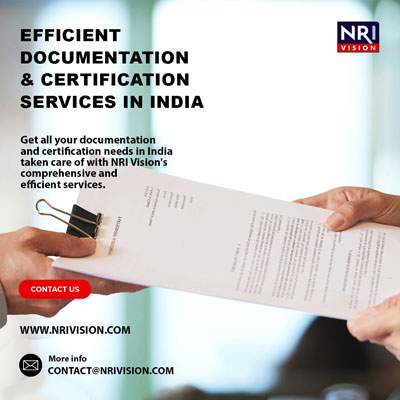The Kerala High Court has recently said that there is no need for embassy attestation if a non-resident Indian (NRI) marries a foreigner. The petitioner moved the court after the licensing authority demanded an attestation of a competent US mission to prove that his fiancee does not have a “spouse living.”
The petitioner Joby Chacko was to marry US citizen Sherly Verghese under the Special Marriage Act. He applied for the same on May 31, 2021.
Read More: The Fabulous Four To Watch Out In The Euro 2020 Semis
However, Joby claimed that after receiving the notice, the Deputy Registrar and Marriage Officer of Punalur in Kollam District demanded some documents, which Joby produced immediately. The registrar later insisted that the petitioner have an affidavit of his fiancee, which must be attested by a competent officer in the embassy or consulate saying Sherly was not married already.
According to Justice PB Suresh, the attestation was required only to ensure the document has been signed by the person who claims to have done so.
The registrar was directed to register the marriage by accepting an affidavit attested by a notary public, provided the eligibility conditions were satisfied.
Usually, marriages can be solemnised and registered under the Act only after a notarised affidavit from both parties stating that they have no surviving spouse.
The petitioner said that although the fiancée was ready to submit such an affidavit, the officer did not accept it because she is a foreign national. The petitioner further elaborated why he thinks that the officer’s stand was arbitrary, unreasonable and unjust.
The government pleader stressed that the marriage officer has to confirm these details before permitting the marriage and that customarily notarised affidavits are required when the parties were Indian citizens.
He further stated that a notary public in India could not attest to the petitioner’s fiancée’s signature in the affidavit since she is a foreign national because they may not be able to ensure the affirmations of a foreign national, and the authenticity and correctness of the statements.
Overruling them, the court cited earlier rulings and established that an affidavit attested by a notary public could be secured from the foreign national.
“Whether a notary public in India is competent to attest the signature of a foreign national and the question whether he would be in a position to ensure the correctness of the statements and affirmations made in the affidavit have not been considered,” the court was quoted as saying.
“There is no inhibition in law for a notary public in India attesting an affidavit sworn to by a foreign national after ensuring the identity of the person concerned on the basis of the passport or other similar documents,” it added.



















